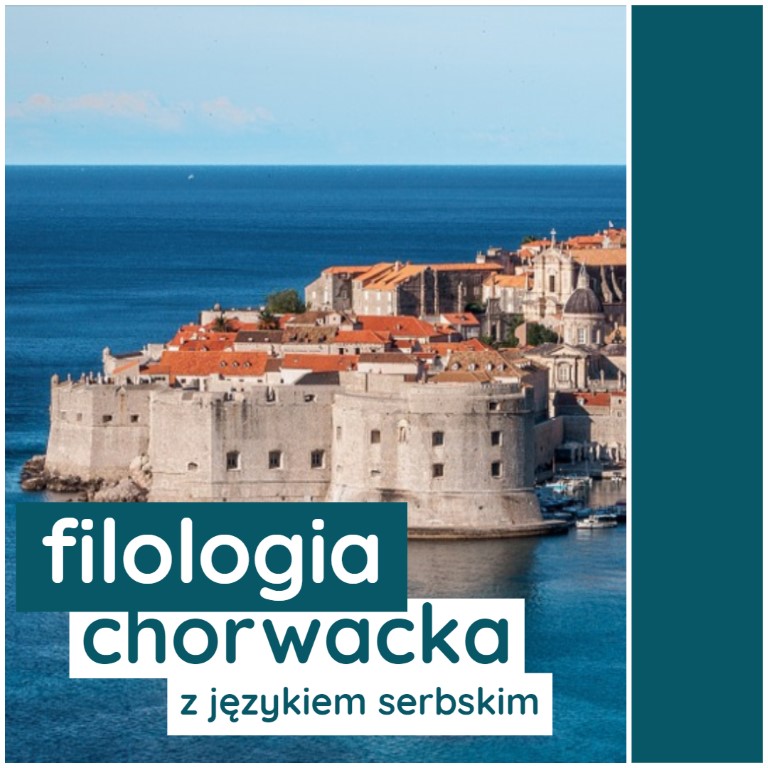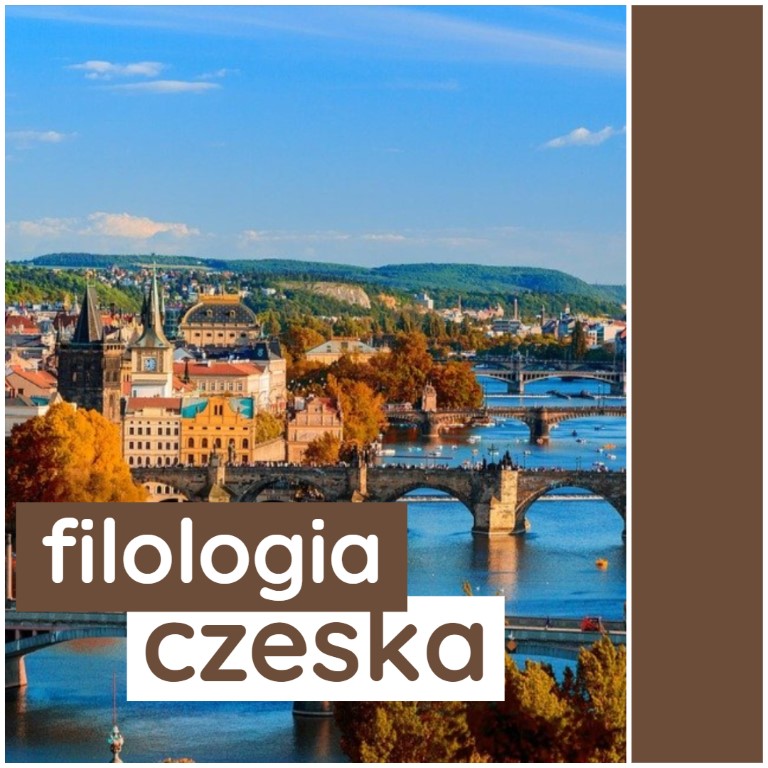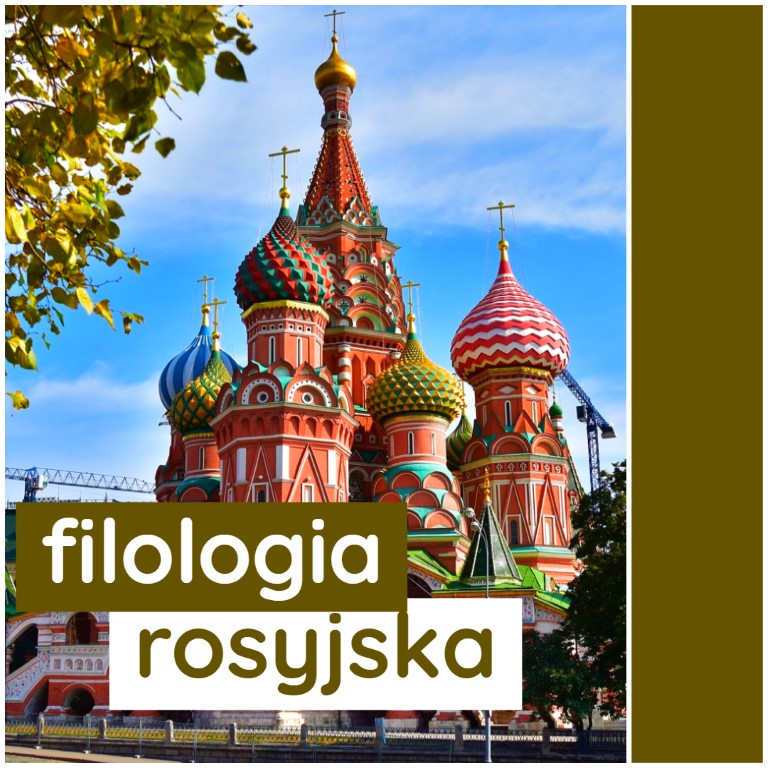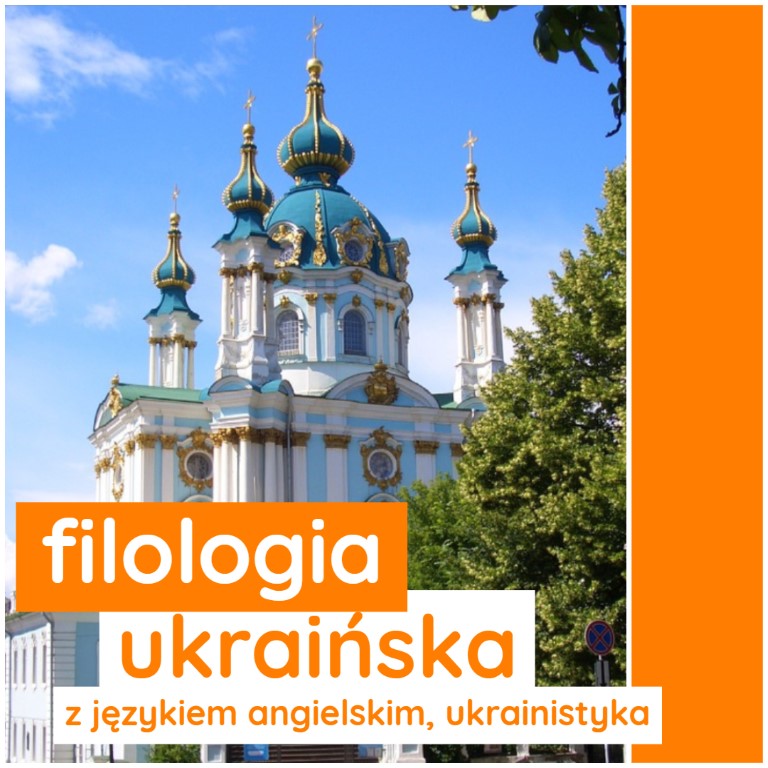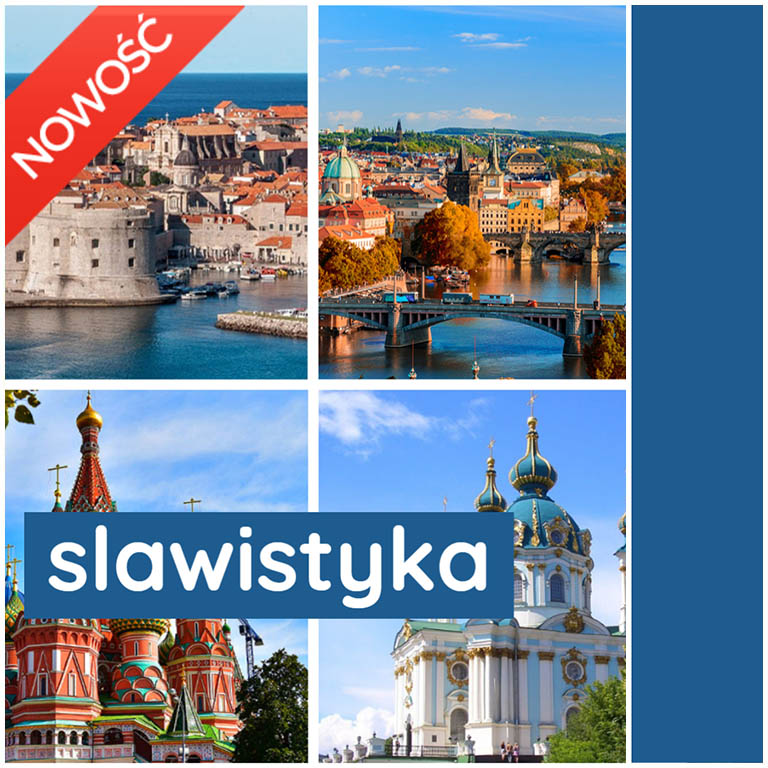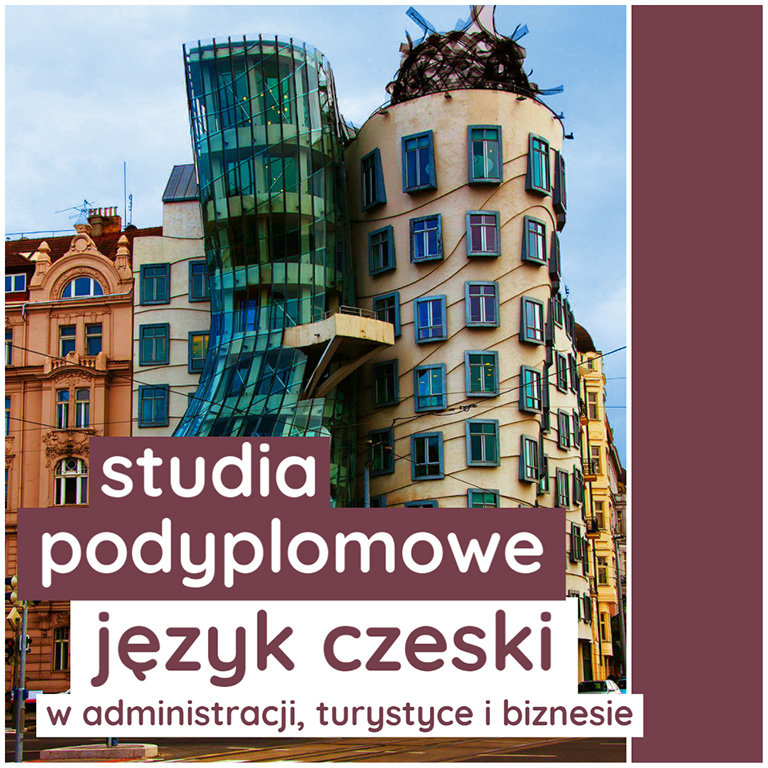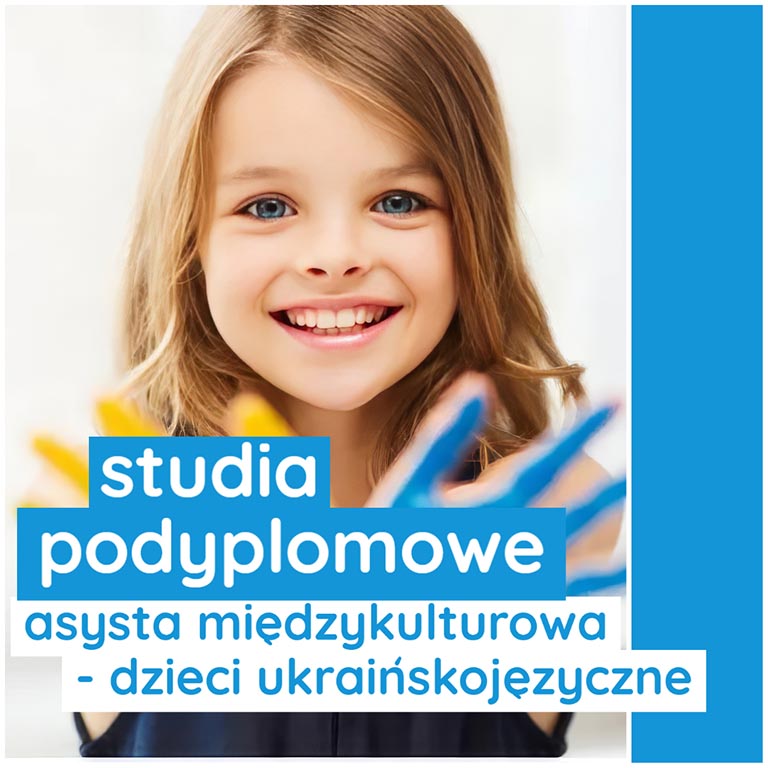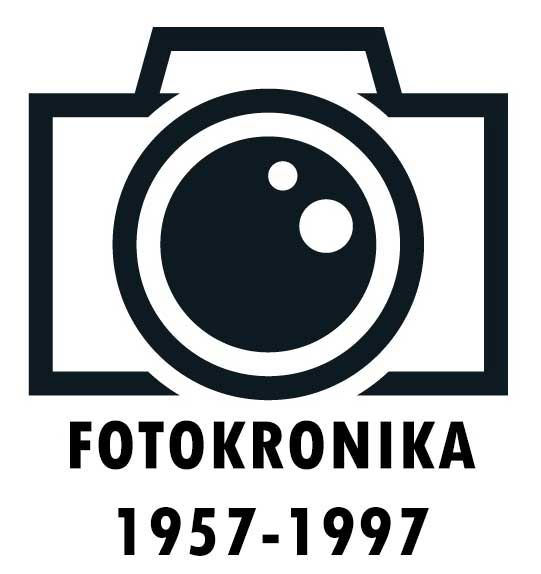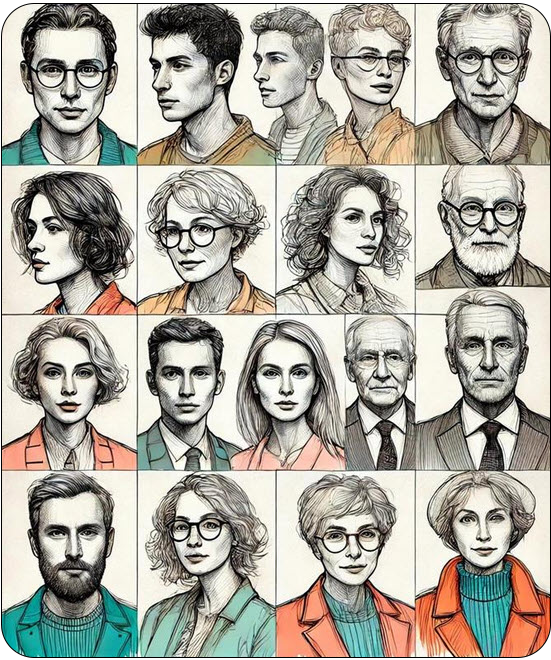History, general information
 
ABOUT PEOPLE
 
The history of Slavic studies at the University of Wroclaw dates back to the 1840s. Among lecturers who conducted their lectures here were: FrantiŇ°ek Ladislav ńĆelakovsk√Ĺ, Wincenty KraiŇĄski, Wojciech Cybulski, WŇāadysŇāaw Nehring, Rudolf Abicht and Paul Diels.
The founding fathers of post-war Slavic studies in Wroclaw were: linguist Leszek Ossowski (1905-1996, doctorate - Jagiellonian University, 1932; postdoctoral degree - Jagiellonian University, 1945) and literary scholar Marian Jakóbiec (1910-1998, doctorate - Jan Kazimierz University, 1938, under supervision of Juliusz Kleiner; postdoctoral degree - Jagiellonian University, 1951).
Leszek Ossowski was taught by outstanding Polish slavists: Edward Klich, Henryk UŇāaszyn, Kazimierz Nitsh, Iwan ZiŇāyŇĄski and Tadeusz Lehr-SpŇāawiŇĄski. His research interests were shaped under their influence and concerned many areas such as East Slavic dialectology and Polish-East Slavic borderland; Russian and Balto-Slavic accents, Russian language morphology; the location of the Slavic fatherland.
Professor Marian Jak√≥biec in 1930-1945 worked at the Ossolineum in Lviv. In 1945 he was employed as an assistant professor (adiunkt) at the Jagiellonian University, but soon moved to the position of press and cultural attach√© at the Polish embassy in Belgrade. In 1947 he came to WrocŇāaw and for the next several decades was shaping modern Slavic studies here. Initially he was the headmaster of the Department of Russian Philology (Studies), and then he became the Headmaster of the Institute of Slavic Studies. He initiated research on Slavic folklore and Polish-Slavic literary as well as Slavic cultural relationships. Marian Jak√≥biec's research workshop was formed in the traditions of Lviv-Cracow humanities (Eugeniusz Kucharski, Juliusz Kleiner, Marian Zdziechowski, WacŇāaw Lednicki). His study, which was characterized by wide intellectual horizons and elegance of style, resulted in many interesting publications in the field of comparative studies and the history of Eastern- and Southern Slavic literature and Slavic folklore. He was the founder of the ‚ÄúSlavica Wratislaviensia‚ÄĚ journal.
During the half-century of the existence of the Institute of Slavic Studies, its employees have been: Zbigniew BaraŇĄski, Oleh Beley, Krystyna Galon-Kurkowa, Milica Jak√≥biec-Semkowowa, Henryk Jaroszewicz, Josef Jodas, PrzemysŇāaw J√≥Ňļwikiewicz, Tadeusz Klimowicz, BronisŇāaw Kodzis, Ewa Komisaruk, BronisŇāawa Konopielko, Krzysztof Kusal, Jaroslav Lipowski, Izabella Malej, Libor Martinek, Agnieszka Matusiak, Anna Paszkiewicz, Larysa Pisarek, Telesfor PoŇļniak, MichaŇā Sarnowski, Franciszek Sielicki, Kole Simiczijew, Anna Skotnicka, ŇĀucja Skotnicka, Jan SokoŇāowski, Marian Ňöciepuro, Zofia TarajŇāo-Lipowska, ElŇľbieta Tyszkowska-Kasprzak, Diana Wieczorek, Janina WoŇāczuk, WŇāodzimierz WysoczaŇĄski.
At present, the Institute of Slavic Studies employs 49 scientific and didactic employees, 3 librarians, 2 administrative employees and an IT specialist. In the academic year 2019/2020 375 people are studying Croatian (with Serbian), Czech, Russian, Ukrainian (two specializations: Ukrainian with English and simple Ukrainian) literatures and languages.
Marian Jak√≥biec's successors in the position of headmaster were: Zbigniew BaraŇĄski (1972-1975, 1981-1987), Franciszek Sielicki (1975-1978), Telesfor PoŇļniak (1978-1981), Krystyna Galon-Kurkowa (1987-1993), Tadeusz Klimowicz (1993-2005, 2019-2020), Anna Paszkiewicz (2005-2016), MichaŇā Sarnowski (2016-2019), Oleh Beley¬†(2020-2024).
 
SCIENTIFIC AND POPULARIZATION ACTIVITIES
 
The Institute of Slavic Studies publishes two journals: ‚ÄúSlavica Wratislaviensia‚ÄĚ (founded in 1969; by 2020 over 170 volumes have been published, its editor-in-chief is Ewa Komisaruk) and ‚ÄúMiscellanea Posttotalitariana Wratislaviensia‚ÄĚ (founded in 2013, by 2020 7 volumes have been published, its editor-in-chief is Agnieszka Matusiak).
The Institute of Slavic Studies organises two prestigious international scientific symposia: ‚ÄúThe Great Topics of Culture in Slavic Literatures‚ÄĚ (organised in odd years, the 13th took place in 2019) and ‚ÄúThe Word and the Sentence in Slavic Languages. Description. Confrontation. Translation‚ÄĚ (organised in even years, the 14th took place in 2018). Two other conferences have been emerged lately: ‚ÄúSlavic in the Past and Today. Language, Literature, Culture‚ÄĚ (the 4th took place in 2019) and, at last, a scientific and didactic conference ‚ÄúNew Challenges in the Academic Teaching of Slavic Languages as Foreign‚ÄĚ (the 2nd took place in 2019).
There are also two monthly scientific seminars: literary (‚ÄúSlavic Literary Meetings‚ÄĚ) and linguistic one, where the latest research and texts are presented by slavists from Poland and abroad (including the Institute of Slavic Studies employees and PhD students).
The international ¬†cooperation under both the¬† Erasmus+ program and¬† bilateral agreements¬† signed by the University of¬† WrocŇāaw plays an¬† important role in the¬† scientific life of the¬† Institute of Slavic Studies. Among our partners there are universities from the¬† Czech Republic,¬† Kazakhstan, Germany,¬† Russia, Ukraine and the¬† USA.
The academic life is enriched by the ‚ÄúSlavic Song Competition‚ÄĚ, whose main animator is WiesŇāawa Zybura, and the ‚ÄúOne Novel Competition‚ÄĚ, organized by Marcin Maksymilian Borowski.

